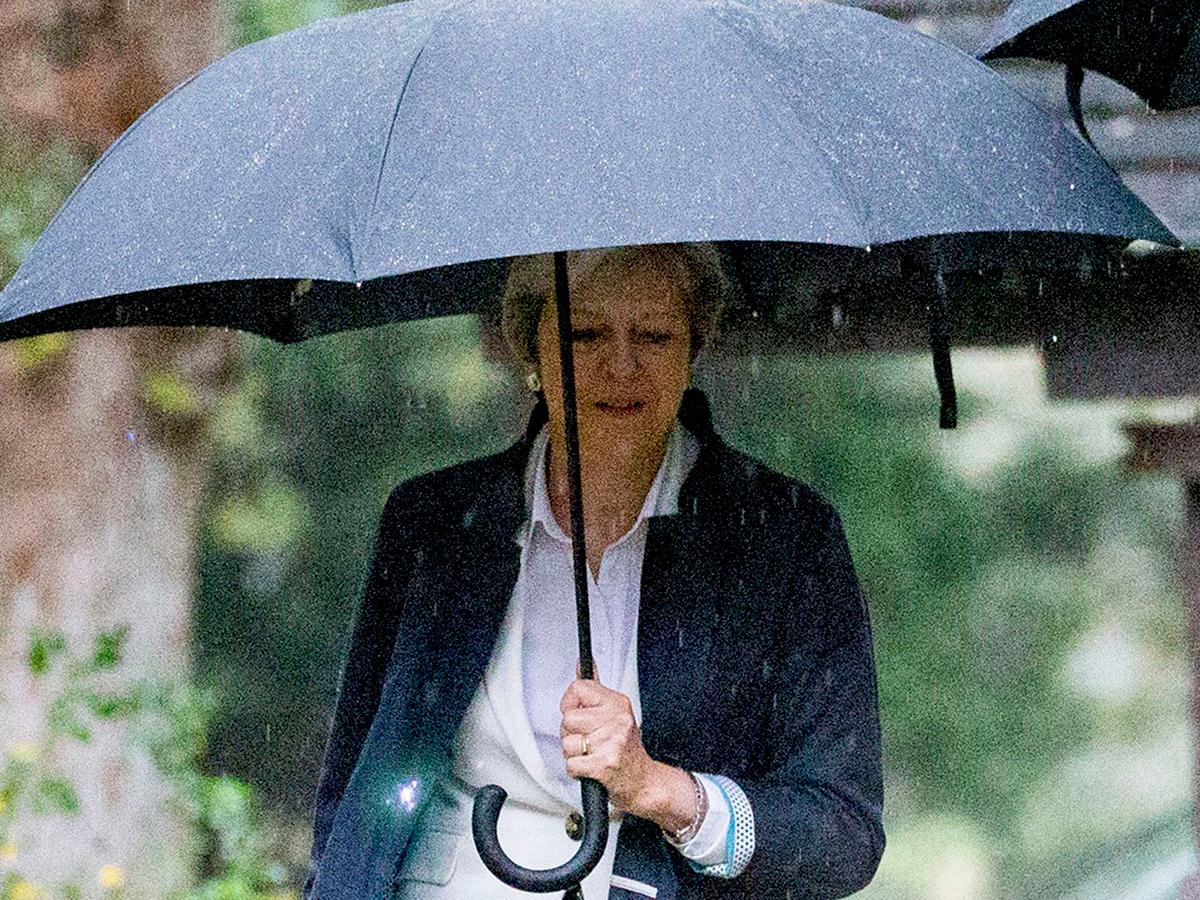Universal credit gives Theresa May a fresh headache at the time she can least afford it
Analysis: The prime minister is stuck with an unpopular policy done on the cheap by her predecessors, says Benjamin Kentish. But she cannot let it distract her from securing a deal on Brexit


The row over universal credit could not have come at a worse time for Theresa May. With most of Whitehall’s resources and almost all of Downing Street’s political capital focused on Brexit, No 10 is now also having to stave off growing backbench unrest about the government’s flagship welfare policy.
The introduction of the new system has been dogged by delays and warnings about the impact on struggling families. Ministers have already made a series of changes and no one doubts that more will be needed. Esther McVey, the work and pensions secretary, told the Commons yesterday that the government “will make sure we get this benefit right”. People may ask why, six years after the change was approved by parliament, it has not done so already.
Tory backbenchers are increasingly concerned about the policy and the impact it will have on their constituents. This is not a minor reform – the switch to universal credit will affect eight million working-age people. MPs are already being bombarded with tales of people forced into debt, destitution and, according to one Labour MP, prostitution as they are transferred to the new system.
Politically, too, the fiasco is damaging for the Conservatives. If the next election is not until 2022, it is issues of public services and welfare that could prove pivotal, especially universal credit, which directly affects more than one in eight voters. The public bought into the idea of belt-tightening when it was needed to reduce the deficit. With the economy growing and Ms May having heralded the end of austerity, that argument no longer holds.
The tales of hardship that accompany every debate on universal credit will trouble Tories who fear once again being seen as the nasty party, and fuel perceptions that Conservative modernisers worked so hard to dispel.
The disastrous implementation of the policy also spectacularly undermines what will inevitably be one of the Tories’ main electoral arguments: that they are the party of competence and efficient management. The problem is not the concept of universal credit, which has cross-party support, but the implementation of it.
The policy was seized on by George Osborne at a time when he was looking for a vehicle for swingeing welfare cuts to help reduce the deficit. The result is a policy pushed through on the cheap, without the proper funding and thought needed to adequately implement such a drastic change to the welfare system. Philip Hammond is likely to use this month’s Budget to plough further money into the policy, but it is unlikely to be enough to solve its multiple problems.
The frustration for Ms May is that the fiasco causing her such a headache is not of her own making. Universal credit was introduced long before she became prime minister. It is hard to believe that, if she could, Ms May would not quietly scrap it and be done. But that would be a huge admission of failure on the part of her government and a major victory for Labour.
Instead we can expect further delays as ministers scramble to amend the flawed policy while also staving off the prospect of a parliamentary defeat. With Tory backbenchers warning that almost 30 of them are prepared to vote against the government on the issue, any significant votes on universal credit are likely to be pushed back until next summer at the earliest. No 10 cannot afford to let this domestic debacle distract from the task of securing a Brexit deal that can command parliament’s support.
The government has managed to unite Jeremy Corbyn and Jacob Rees-Mogg, Gordon Brown and John Major, in calling for the full roll-out to be halted.
Mr Major this week compared the row to the poll tax crisis that helped bring down Margaret Thatcher. If he is referring to a government ploughing ahead with a deeply unpopular policy that can only cause it further trouble, the comparison is, for Ms May, worryingly close to the mark.
Join our commenting forum
Join thought-provoking conversations, follow other Independent readers and see their replies
Comments